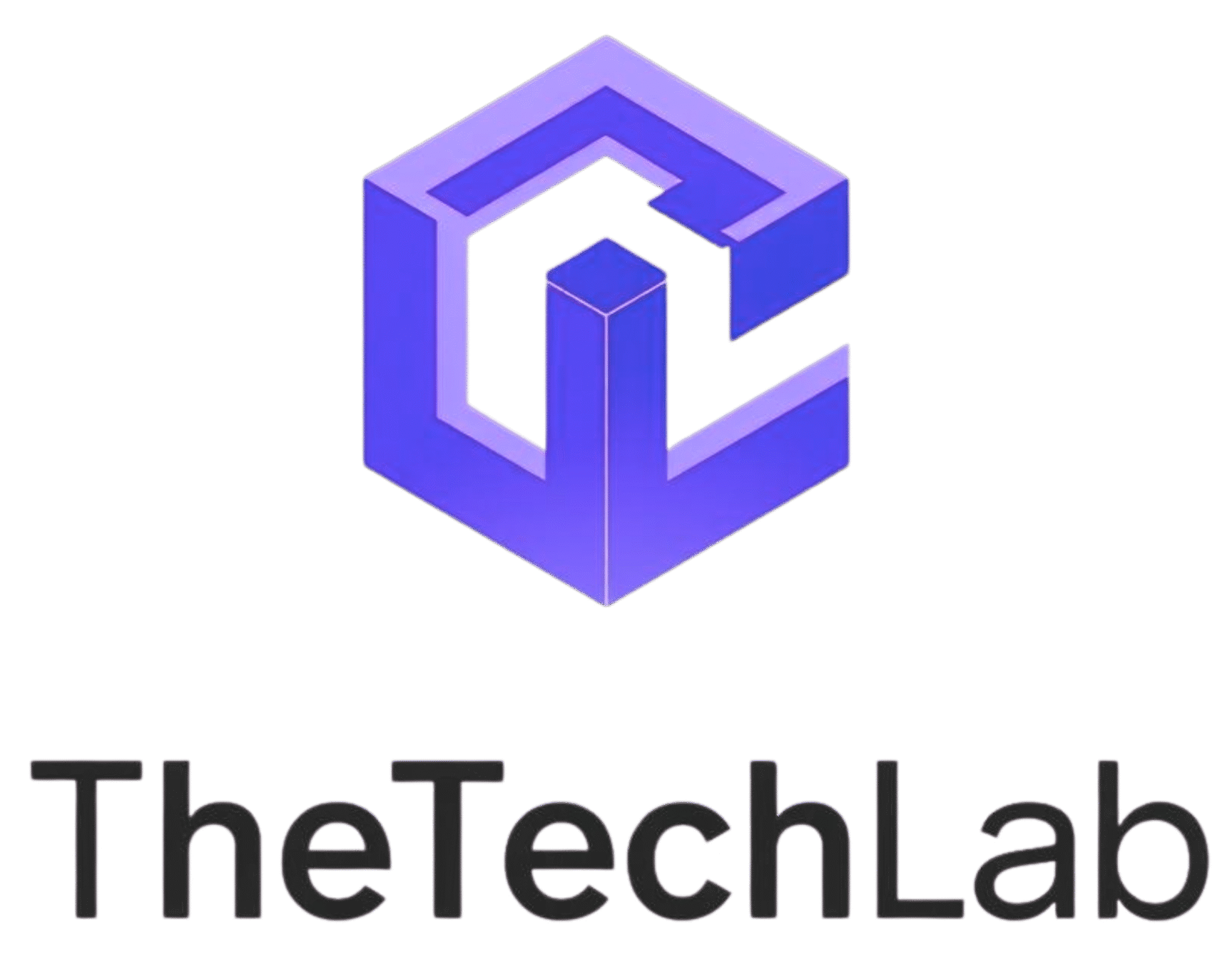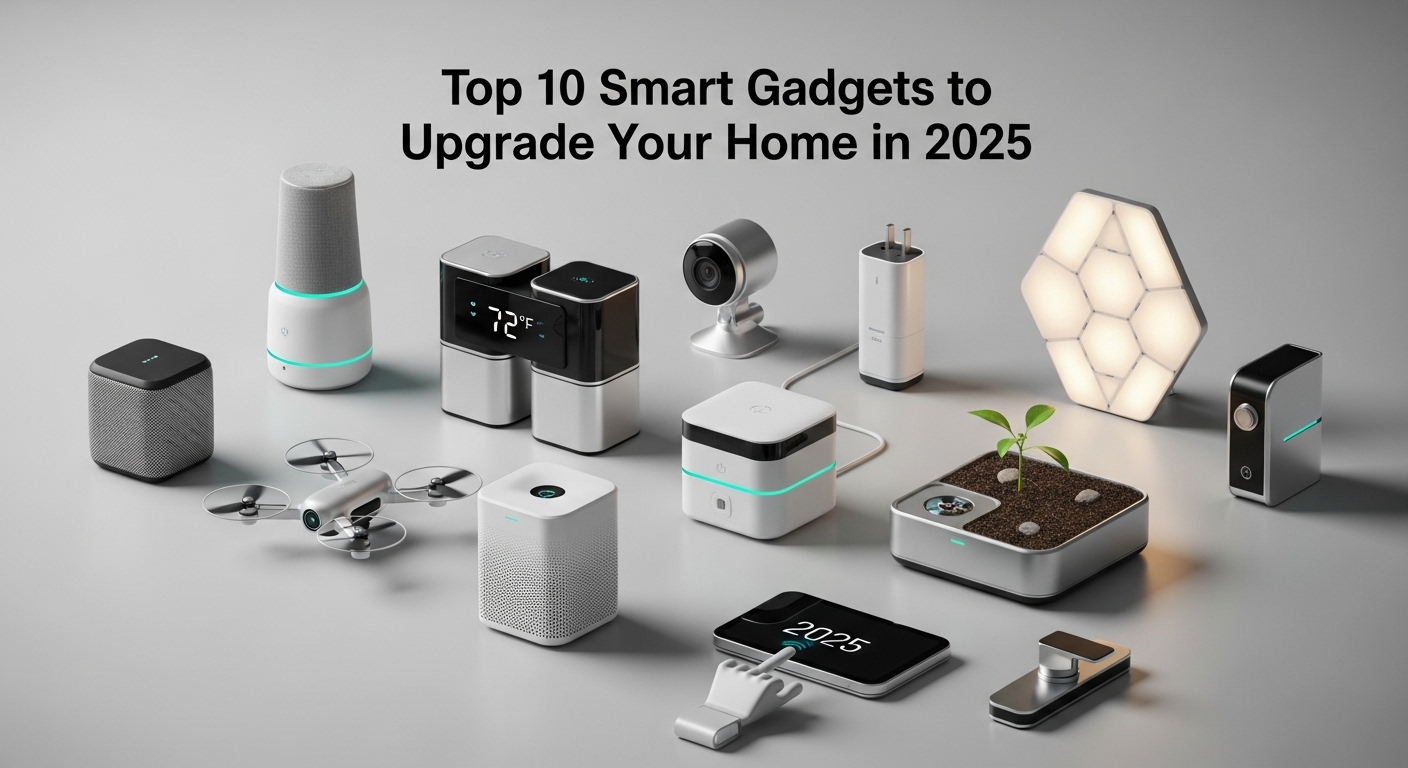Introduction
The business world has always relied on data, strategy, and foresight to drive growth. From small family-owned shops to multinational corporations, success depends on anticipating customer needs, recognizing market shifts, and making decisions at the right time. In the past, this kind of predictive insight was left to human intuition, historical experience, and limited statistical models. Today, however, the landscape has dramatically changed. Predictive Artificial Intelligence (AI) has emerged as a transformative tool that empowers businesses to forecast trends, understand consumer behavior, and optimize operations with unprecedented accuracy.
Predictive AI uses machine learning, advanced analytics, and large data sets to identify patterns and forecast outcomes. Unlike traditional data analysis, which only explains what has happened in the past, predictive AI attempts to tell businesses what is likely to happen in the future. This forward-looking approach gives companies a significant edge in an increasingly competitive global economy.
In this blog, we will explore how predictive AI helps businesses grow across different sectors. We will examine its impact on customer insights, marketing, operations, finance, supply chains, and even innovation. By the end, it will be clear why predictive AI is not just a technological trend but a foundational tool for business success in the digital age.
Understanding Predictive AI
Predictive AI is a branch of artificial intelligence that leverages machine learning, data mining, and statistical algorithms to make informed predictions about future events. The systems are trained on historical data, which allows them to identify trends and forecast what might happen next. For example, predictive AI can forecast customer buying behavior, machine breakdowns, credit risk, or even demand for products months in advance.
Unlike descriptive analytics, which only focuses on explaining past outcomes, predictive AI is proactive. It does not simply answer the question, “What happened?” but instead addresses, “What is likely to happen next, and how can we prepare for it?” This difference makes predictive AI a powerful business tool, as it reduces uncertainty and allows organizations to make decisions rooted in foresight rather than guesswork.
The Role of Predictive AI in Business Growth
Predictive AI drives growth because it provides insights that directly affect revenue, customer satisfaction, efficiency, and long-term planning. Businesses that leverage predictive AI can anticipate customer needs, optimize pricing, personalize experiences, and streamline operations. These advantages not only increase profits but also build stronger customer relationships and improve resilience in uncertain markets.
Let us look in detail at the specific areas where predictive AI makes the biggest impact on business growth.
Enhancing Customer Insights and Personalization
One of the most important drivers of growth is understanding customers. Businesses that know what their customers want and when they want it are able to provide better products and services. Predictive AI takes customer insight to a whole new level.
Customer Behavior Forecasting
By analyzing purchase histories, browsing patterns, and customer interactions, predictive AI can forecast what customers are likely to buy next. This enables businesses to recommend products, create targeted promotions, and anticipate demand before it occurs.
Personalized Marketing
Generic advertising is becoming less effective. Customers expect personalized experiences that cater to their preferences. Predictive AI allows companies to segment customers not just by demographics, but by predicted behaviors and interests. This makes marketing campaigns more relevant and impactful, leading to higher conversion rates.
Customer Lifetime Value Prediction
Predictive AI helps businesses estimate the long-term value of a customer. This insight allows companies to focus resources on their most profitable customers, improve retention strategies, and increase loyalty. By knowing which customers are likely to stay and which are at risk of leaving, businesses can proactively engage with targeted offers and services.
Driving Smarter Marketing Strategies
Marketing has become increasingly data-driven, and predictive AI amplifies this trend. Businesses no longer need to rely solely on broad market surveys or intuition; instead, they can predict campaign outcomes with data-backed precision.
Campaign Optimization
Predictive AI can analyze data from previous marketing campaigns and forecast the success of new ones. It determines which channels will generate the most leads, what type of content resonates with target audiences, and which timing strategies are most effective.
Demand Forecasting
Predictive AI helps businesses predict spikes in demand, whether due to seasonal changes, holidays, or shifting consumer trends. This foresight allows companies to align their marketing efforts with expected demand, ensuring they maximize sales opportunities.
Pricing Strategies
Dynamic pricing models, supported by predictive AI, allow businesses to adjust prices in real time based on market conditions, competitor moves, and customer demand. This approach is particularly effective in industries like travel, hospitality, and e-commerce.
Optimizing Operations and Supply Chains
Operational efficiency is critical for profitability and customer satisfaction. Predictive AI helps businesses streamline operations, reduce costs, and minimize disruptions.
Supply Chain Management
Predictive AI can anticipate potential supply chain disruptions by analyzing weather patterns, geopolitical risks, or transportation issues. Companies can use these insights to proactively reroute shipments, adjust inventory, or find alternative suppliers.
Inventory Management
Predictive models can accurately forecast demand, reducing the risk of overstocking or stockouts. This not only saves money but also ensures customers always find what they are looking for, enhancing satisfaction and loyalty.
Predictive Maintenance
Manufacturing and logistics businesses benefit from predictive maintenance, which uses AI to predict when machines are likely to fail. This allows companies to fix equipment before it breaks down, saving time and avoiding costly production delays.
Financial Planning and Risk Management
Businesses must constantly manage risks and allocate resources wisely to grow. Predictive AI provides valuable support in financial planning and decision-making.
Credit and Risk Assessment
Banks and financial institutions use predictive AI to assess the creditworthiness of individuals and businesses. This reduces defaults and improves decision-making in lending. Similarly, businesses in other industries use predictive models to assess risks in contracts, partnerships, and investments.
Fraud Detection
Predictive AI is highly effective in detecting fraudulent activity. By analyzing patterns in transactions, it can flag unusual behavior that may indicate fraud. This saves businesses significant losses and protects customers from financial harm.
Budget Forecasting
Predictive AI helps finance teams create accurate forecasts based on historical spending, market conditions, and revenue trends. These insights improve resource allocation and help businesses prepare for different scenarios.
Supporting Innovation and Product Development
Predictive AI does not just improve existing processes; it also drives innovation. Businesses can use predictive insights to develop new products and services that align with emerging trends.
Trend Analysis
AI models can analyze vast amounts of data from social media, customer reviews, and market reports to identify upcoming trends. This allows companies to innovate early and capture market opportunities before competitors.
Product Testing and Development
Predictive AI can simulate how new products will perform under different conditions, reducing the time and cost of development. This leads to faster innovation cycles and quicker entry into the market.
Customer Feedback Prediction
Instead of waiting months for post-launch feedback, predictive AI can forecast customer reactions to a product during its design phase. This insight ensures products align with customer needs before release.
Improving Customer Service
Customer service is a cornerstone of business growth, and predictive AI is making it more proactive and efficient.
Predicting Customer Issues
By analyzing customer interaction data, predictive AI can identify potential issues before they escalate. For example, it can predict when a customer is likely to contact support or when a product might fail, allowing companies to resolve issues before customers even ask.
Chatbots and Virtual Assistants
AI-powered chatbots use predictive analytics to anticipate customer questions and provide accurate, relevant answers. This improves customer satisfaction while reducing the workload on human agents.
Retention and Churn Reduction
Predictive AI identifies customers who are at risk of leaving and provides recommendations for re-engagement. By offering timely incentives or addressing concerns, businesses can retain more customers and improve long-term growth.
Sector-Specific Applications of Predictive AI
Different industries benefit from predictive AI in unique ways. Here are a few examples of how this technology is transforming sectors:
Retail and E-Commerce
Predictive AI helps retailers forecast demand, personalize shopping experiences, and optimize pricing strategies. E-commerce platforms use predictive algorithms to recommend products, improving sales and customer engagement.
Healthcare
Predictive AI is used to forecast disease outbreaks, predict patient risks, and optimize hospital resource allocation. For pharmaceutical companies, it supports drug discovery and testing.
Manufacturing
Manufacturers use predictive maintenance to reduce downtime, optimize supply chains, and enhance product quality. Predictive AI also helps plan production schedules to match demand.
Finance
Predictive AI supports credit scoring, fraud detection, and investment strategies. Hedge funds and investment firms use AI models to forecast market trends and manage portfolios.
Travel and Hospitality
Airlines and hotels use predictive AI for dynamic pricing, demand forecasting, and personalized offers. Predictive systems also help optimize staff schedules and improve guest satisfaction.
Overcoming Challenges with Predictive AI
While predictive AI offers many benefits, businesses must also navigate challenges to unlock its full potential.
Data Quality
The accuracy of predictive AI depends on the quality of the data it is trained on. Poor or biased data can lead to flawed predictions. Businesses must invest in data collection, cleaning, and governance.
Integration
Integrating predictive AI into existing systems can be complex. Companies need skilled professionals to ensure smooth adoption and avoid disruptions.
Ethical Concerns
Predictive AI raises ethical questions about privacy, bias, and accountability. Businesses must use AI responsibly, ensuring transparency and fairness in their models.
Cost of Implementation
Smaller businesses may find the cost of implementing AI solutions challenging. However, as technology evolves, costs are decreasing, and more accessible solutions are emerging.
The Future of Predictive AI in Business Growth
As AI technology advances, predictive systems will become even more sophisticated. Future developments may include real-time predictive insights, AI systems that learn from fewer data points, and enhanced collaboration between human decision-makers and AI.
Businesses that embrace predictive AI early will have a significant advantage. By continuously refining their models and adopting ethical AI practices, they can grow sustainably, innovate faster, and build stronger relationships with customers.
Conclusion
Predictive AI is transforming the way businesses grow by providing foresight into markets, customers, and operations. It enables companies to anticipate demand, personalize experiences, optimize supply chains, manage risks, and innovate with confidence. Far from being a futuristic concept, predictive AI is already embedded in the everyday practices of leading businesses across industries.
By adopting predictive AI, companies are not only improving profits but also building resilience in a world of constant change. As the technology evolves, its influence will only expand, making it an essential part of any growth strategy. Businesses that ignore predictive AI risk falling behind, while those who embrace it stand to thrive in a future defined by data-driven decisions.


